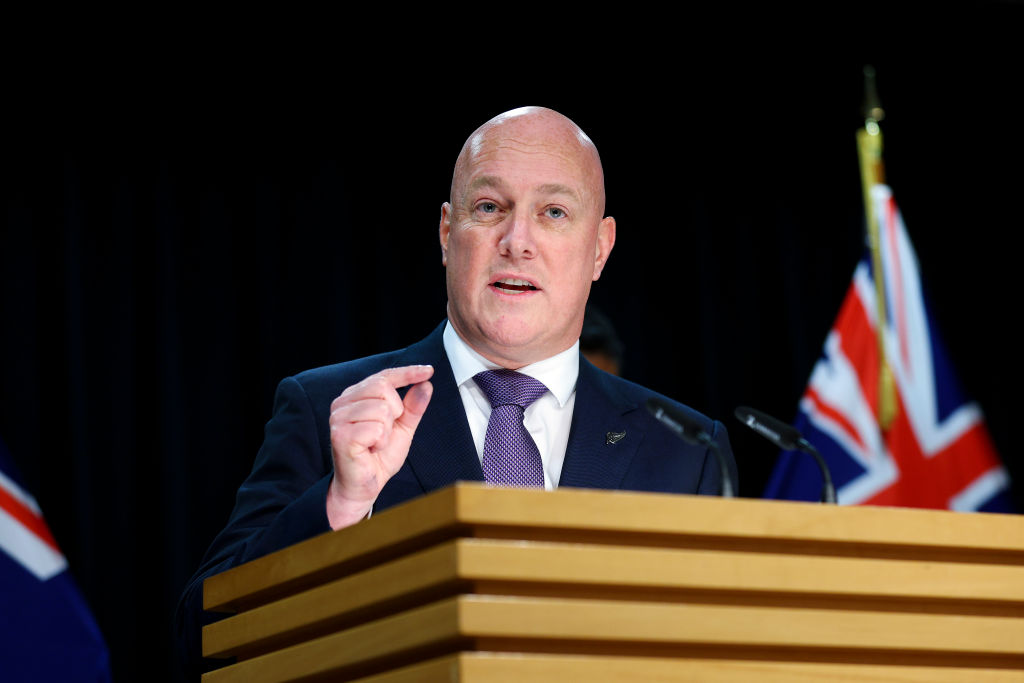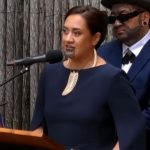Christopher Luxon has sparked a debate with Australia after commenting on the removal of the Māori language from an official letter.
Luxon said that when communicating with Australians, it is best to keep things “incredibly simple.” The comment came after the New Zealand government removed Māori phrases from a letter to an Australian minister.
The New Zealand Minister for Culture, Paul Goldsmith, had ordered the removal of Māori words like “tena koe” and “Aotearoa” from an invitation sent to Tony Burke, Australia’s Minister for Multicultural Affairs. Goldsmith said he did not think Burke would understand these words, so he opted for simpler English terms instead.
However, Burke responded by referencing the New Zealand band Split Enz, saying he learned the word “Aotearoa” from their song lyrics in the 1980s. The song “Six Months in a Leaky Boat,” which mentions “Aotearoa,” was very popular in Australia, reaching number two on the charts.
Since the current government, led by Luxon, took office last November, there has been a decrease in the use of Māori language in official communications. This decision has been criticized by the opposition Labour party and Māori leaders.
Labour leader Chris Hipkins questioned Luxon about the government’s stance on Māori language. Luxon replied that his government values te reo Māori but thought it was best to keep the communication simple for the Australian minister. Luxon’s remarks echoed a famous quote from former New Zealand leader Robert Muldoon about New Zealanders moving to Australia, which did not sit well with some members of parliament.
Australian Prime Minister Anthony Albanese commented on the situation, noting that despite both countries speaking English, there can still be misunderstandings due to different accents and cultural contexts. Luxon, who lived in Sydney for five years, has expressed his fondness for Australia and its people.
This is not the first time Luxon has faced criticism regarding the Māori language. In the past, he suggested that public servants should pay for their own te reo Māori lessons, although it was later revealed that he had used public funds for his language tuition.













